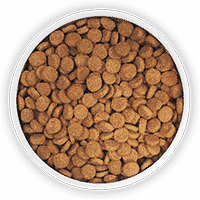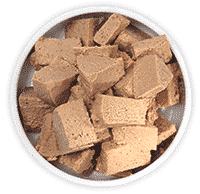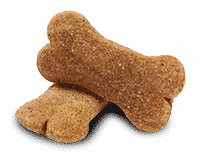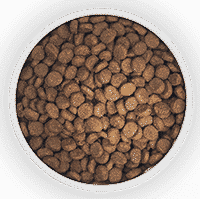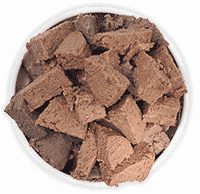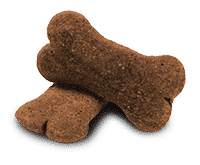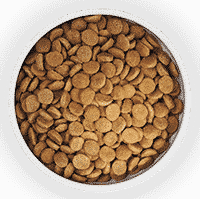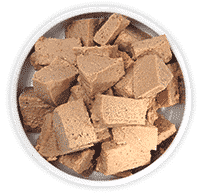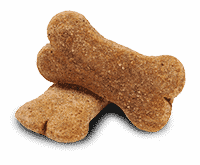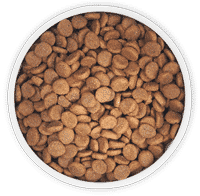Do you take a multivitamin or another type of supplement regularly? Research claims that over 50% of the people living in the U.S. take vitamin and mineral supplements daily.
Whether you have these supplements in your life or not, should your dog be taking vitamins and minerals supplements daily to help them live a long and healthy life?
There are just as many supplements for dogs on the market as there are for us humans. That means, the probability of a dog owner giving their four-legged friend some nutritional supplement is pretty high. However, just because these are readily available and commonly used doesn’t necessarily mean that you should give it to your pooch.
The long and the short of it is dogs receiving supplements should only be mandatory if they require them for medical reasons as recommended by their veterinarian. Here are a few examples of when dogs might receive supplements:
- If your dog is regularly consuming a low amount of food and is currently eating a diet that is poor quality, then a supplement may be needed. Whether this is due to your pooch being ill, requires a higher amount of calories or is a particularly picky eater, a vitamin/mineral supplement or nutritional supplement can assist in keeping problems at bay in these situations.

If your dog is eating a well-balanced and nutritionally complete dog food, such as Zignature, which is designed to meet and exceed AAFCO requirements then a vitamin and mineral supplement may well not be needed.
If you give your dog a vitamin or mineral supplement in addition to your dog food, it could equate to more harm than good. This is because quality pet food manufacturers take concerted measures to ensure that your dog’s meals are formulated with the correct proportions of vitamins and minerals, so by adding more, it can throw off the balance of vitamins, minerals and other nutrients. An example would be by supplementing with too much Vitamin D. In excess, Vitamin D can cause serious health issues in dogs caused by calcium and phosphorus imbalances leading to more serious health issues.
- If your dog has been diagnosed by your veterinarian with vitamin and/or mineral deficiency, or a disease that is known to respond to supplementation—for example, omega 3 fatty acid and vitamin E supplements to aid osteoarthritis—then this would be recommended by your Veterinarian for your dog to consume.
In most of these cases, you’ll be advised to give your dog a specific vitamin, mineral or nutritional supplement and not a general multivitamin.
- Another example would be if your dog eats a home-prepared diet. For this to be fully nutritionally complete, you’ll likely need to include a vitamin and mineral supplement and possibly other nutritional supplements.
If you prefer the idea of home-cooked meals for your pup, then you should ideally seek the advice of Veterinary or PhD animal nutritionist to help you prepare home cooked diets in the best way possible including any supplements needed to make sure there is no diet deficiencies for your pet.
- If you give your four-legged friend an excessive amount of a water-soluble vitamin, such as vitamin C, then they will expel it through their urine. The main issue here is the clear waste of money — if you’re sticking to this supplement plan, you’re creating some very expensive pee!
However, other situations aren’t so passive. If we look at certain fat-soluble vitamins such as Vitamin A and D, they aren’t so easily eradicated from your dog’s body, and this can result in a build-up that can reach levels that can cause real health problems.
Animal professionals will always explain that an excess of a fat-soluble vitamin can be in many cases equally as detrimental to a dog’s health as a deficiency is. What’s more, high levels of one mineral in the diet can regularly interfere with the uptake of another. A good few examples of this are:
- Too much zinc can affect absorption of magnesium
- Too little copper in the diet can negatively affect iron absorption
- Dietary excess of calcium can cause low phosphorus levels over time
Final Note
After what we have covered, remember that if your dog is healthy and regularly eats well, with high-quality food, you shouldn’t need to give your dog a vitamin, mineral or nutritional supplement unless directed by your Veterinarian.
Angie Hill is a writer at Woof Dog – a site that aims to help dog owners with food, behavior and health questions. Angie is most at home exploring the wide outdoors with her two dogs, Nora and Ernie.
